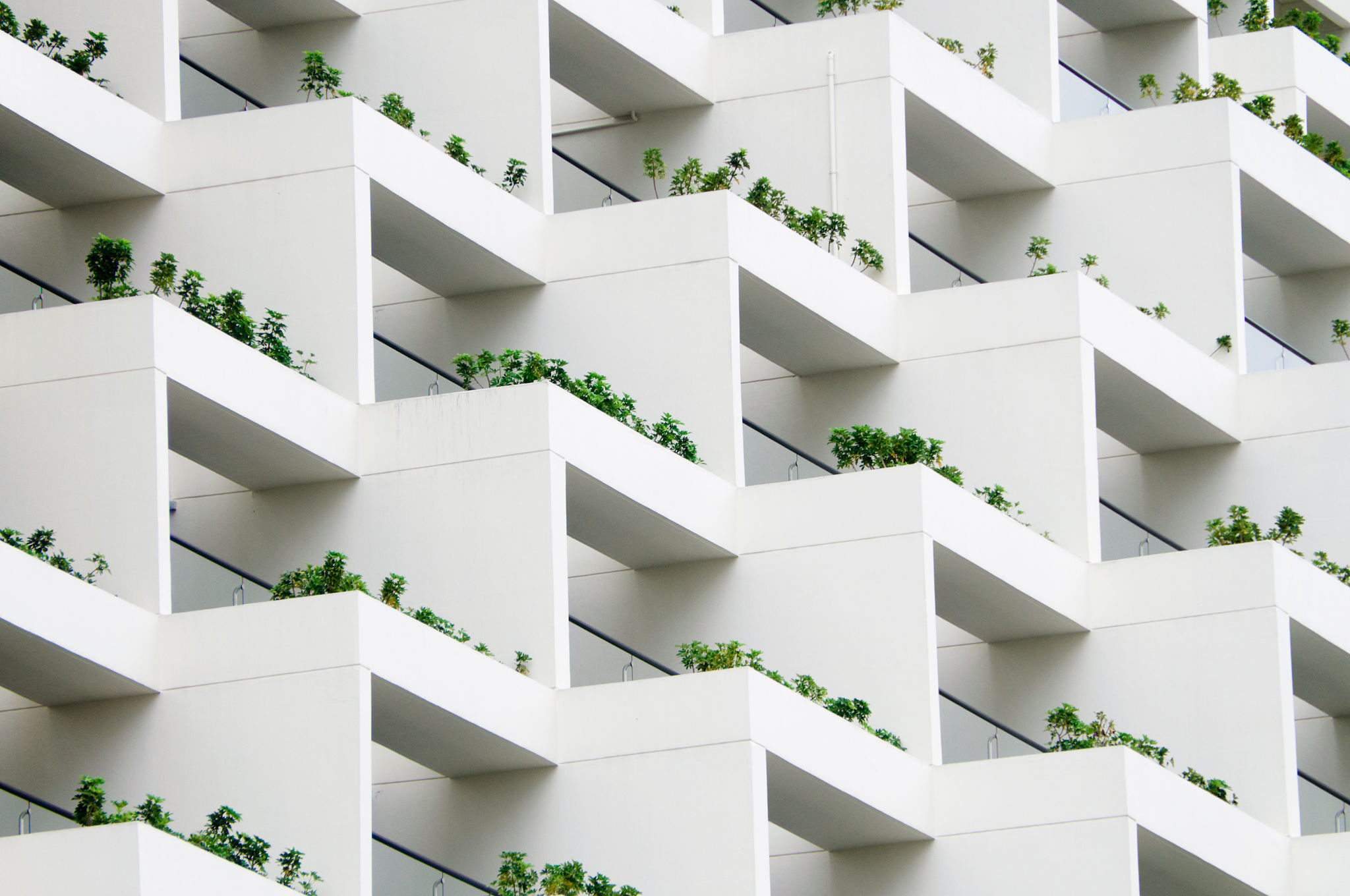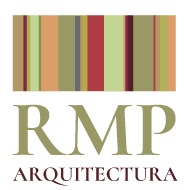Top Design Trends Transforming Lisbon's Urban Landscape
Revitalizing Historic Architecture
Lisbon, with its timeless charm and historic architecture, is experiencing a transformation through modern design trends. The city's traditional structures are being revitalized, integrating contemporary elements while preserving their historic significance. This blend of old and new is creating a harmonious urban landscape that pays homage to the past while embracing the future.
Architects are increasingly employing sustainable materials in their projects, ensuring that renovations are eco-friendly and energy-efficient. The use of solar panels, green roofs, and recycled materials has become prevalent, further solidifying Lisbon's commitment to sustainable urban development.

Embracing Green Spaces
One of the most significant design trends in Lisbon is the integration of green spaces within urban areas. Designers are prioritizing the creation of public parks, green rooftops, and vertical gardens, offering residents and visitors a breath of fresh air amid the bustling city life. These green spaces not only enhance the city's aesthetics but also contribute to improved air quality and biodiversity.
Furthermore, community gardens are becoming popular, encouraging local residents to engage with their environment and cultivate their own plants and produce. This trend not only fosters a sense of community but also promotes healthier living in urban settings.

Smart City Innovations
As Lisbon evolves, it is also embracing technology to enhance urban living. The city is becoming a hub for smart city innovations, incorporating digital solutions that improve infrastructure, transportation, and public services. Smart lighting systems, efficient waste management, and intelligent transportation networks are transforming the city's functionality.
These technological advancements are making Lisbon more accessible and livable, providing residents with real-time information on public transport schedules, traffic conditions, and available amenities. Such innovations not only improve convenience but also reduce the city's carbon footprint.

Cultural Influences in Design
Lisbon's unique cultural heritage plays a significant role in shaping its urban design trends. The city is known for its vibrant arts scene, which is reflected in its architecture and public spaces. Murals, sculptures, and art installations can be found throughout the city, adding a layer of cultural richness to the urban landscape.
Designers are also drawing inspiration from Portuguese history and traditions, incorporating elements such as azulejos (traditional ceramic tiles) into modern buildings. This fusion of cultural influences with contemporary design creates a distinctive aesthetic that is both innovative and deeply rooted in tradition.
Residential and Commercial Developments
The demand for modern residential and commercial spaces in Lisbon has led to innovative architectural designs that cater to both functionality and aesthetics. Architects are designing multi-functional buildings that seamlessly blend living, working, and recreational spaces to meet the diverse needs of urban dwellers.
Mixed-use developments are becoming increasingly popular, offering residents convenience by providing amenities such as shops, gyms, and cafes within walking distance. This trend not only enhances the quality of life but also reduces the need for long commutes, promoting a more sustainable lifestyle.

